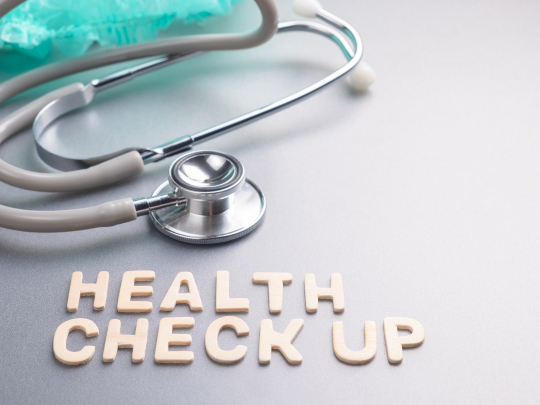It would be an achievement to treat the dangerous disease, cancer, at its earlier stage before the signs are visible. But how could it be done? Yes, there is a way of Health Screening, which is a package of several tests to detect cancer. The results of this Cancer Screening indicate the current stage of the disease, which leads the patients to the best needed treatment. Let’s know more deeply about how Health Screening detects cancer below:
What Is Cancer Screening?
If we are talking about the disease, cancer, then Health Screening is the best way to detect cancer’s early stage. Early detection of cancer is the aim since treatment is usually simpler and recovery possibilities are higher. Recognising changes in the body that can be cancerous depends on health screening. Early-stage cancer can also be found with it.
Common Cancer Screening Tests
There are some common Cancer Screening tests, out of which the first two tests are applicable to women’s health:
- Breast Cancer Screening: This screening process can spot cancerous breast lumps. Hence, women need to go for mammograms for the diagnosis of any breast disease after the age of 40.
- Cervical Cancer Screening: This screening is recommended for HPV and Pap smear tests. These tests should be done after age 35, with intervals of 5 years. The presence of Human Papillomavirus, a viral group, is detected that causes cervical cancer.
- Colon Cancer Screening: At age 45, people should begin screening. Although a colonoscopy every ten years is standard, other testing, such as virtual colonoscopy or stool-based examinations, can also be available.
These tests detect cancers at an earlier stage when therapy is more successful. This leads to a reduction in deaths from these diseases.
How Do the Screenings Work?
The process of Cancer Screening involves different types of tests that are a part of health screening. It includes:
- Physical exams
- Imaging tests
- Genetic tests
New blood tests, such as multi-cancer detection (MCD), can detect multiple cancers by recognising blood markers. These are still being studied and not surely advised.
Risks of Cancer Screenings
Cancer Screening is a part of health screening that is quite helpful for the detection of cancer stages in the body. Although it is different from general health screening, in certain ways, it can save lives. Their unnecessary usage may lead you to anxiety or depression. It will take you to the issues of false negatives, false positives and overdiagnosis. GPs request these Cancer Screenings among your routine checkups as a precautionary measure.
Conclusion
Cancer Screening is essential for identifying cancer at its earliest and most curable stage, which is frequently before symptoms occur. Routine Cancer Screening, with the consultation of your doctor, is one of the most effective ways to prevent cancer.

